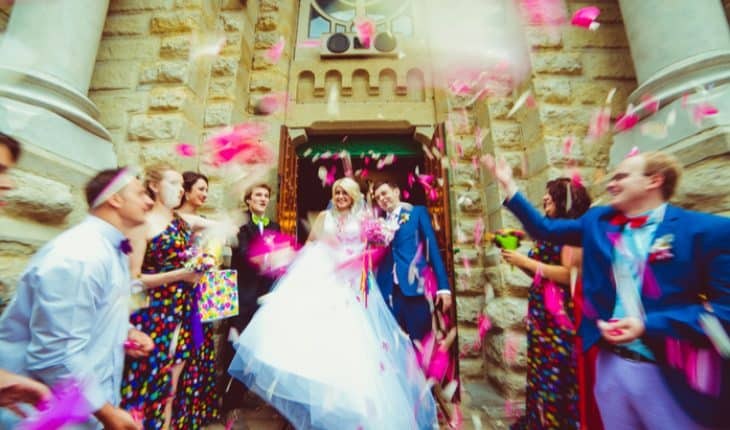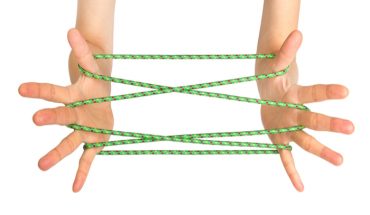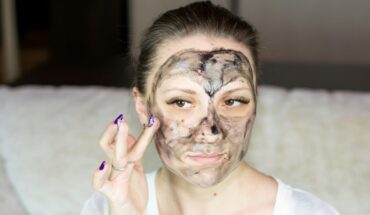As Prince Harry and Meghan Markle prepare to tie the knot, first aid expert Emma Hammett of First Aid for Life looks at all the possible injuries that may require some wedding first aid.
‘Weddings can be risk affairs when it comes to first aid. Some of the top risky behaviours at nuptials include over- exuberant dancing, brides and guests being dropped, dancing on broken glass, and falling off furniture.
Numerous injuries have been reported from people jumping to catch the bouquet:
Swallowing rings and jewellery and choking on food
Cutting themselves whilst cutting the cake
Burns from sparklers and injuries from party poppers
Injuries from fights and brawls
The responsibility rests with everyone to ensure they remain safe, from the individual attending to the organiser- and parents should remain vigilant to ensure the safety of their children.
The following top tips are worth reading to ensure everyone at the wedding has a wonderful, safe and enjoyable day:
The venue:
Ensure the venue is as safe as possible for whoever is attending the wedding. If there’s a marquee; guy ropes should be marked or lit as they can be a major tripping hazard. Dance floors in temporary venues can be uneven – and once guests have had a drink (or two!) this can be hazardous. Be aware of any ponds or water hazards and try and think of all possibilities that could occur with a large number of excitable and intoxicated guests with a huge range of ages!
Be prepared:
Depending on the size of the wedding party, the hosts may have first aiders on hand. If not, the organisers should make sure they/the venue has a well-stocked first aid kit, a defibrillator (or know where the nearest one is) and basic medicines for minor ailments and injuries. Someone should take responsibility for the provision of first aid on the day and ensure they have received appropriate training to do so.
The weather:
An English summer is totally unpredictable. It could be roasting hot – or lashing down with rain. Guests should ensure that they are dressed appropriately, with shoes that they can not only stand in all day, but can also cope with gravel paths, standing for hours for drinks on the lawn and dancing until the small hours. It may be hot at the start of the day, but by the time you leave, the temperature will have dropped considerably. So always ensure you have something warm to wrap up in – and especially for your children, if they’re going to be with you.
Be aware of heat exhaustion:
If it is a hot day, heat exhaustion can come on suddenly and unexpectedly. Usually people start feeling sick, dizzy, headachy, develop a stomach ache and raised temperature. Alcohol is a diuretic and so will cause further dehydration. Get anyone affected out of the sun quickly, into the shade or preferably air-conditioning. Re-hydrate as quickly as you can. Frequent sips of Dioralyte are ideal, or an isotonic sports drink or water. If you don’t recover quickly, seek medical attention.
Alcohol:
Wedding timings and photos may mean people start drinking early – and go on until late, often initially with little to eat. Keep an eye out for anyone who has overdone the champagne and also for children who may help themselves whilst adults are distracted. Alcohol reduces inhibitions and affects people’s perception of risk, ensure guests all keep an eye out for each other in strange surroundings and don’t overdo things on the dance floor either!
Fainting:
Fainting is common at weddings as it can be a reaction to lack of food, exhaustion or emotional stress. People can also feel faint if it’s a warm day and they’ve been standing for an extended period. Lying them down and raising their legs will improve circulation and redirect the blood to their brain. They should feel better or come round quickly. If they don’t you should ensure they are breathing properly and put them into the recovery position. Seek medical advice.
Coping with the stress:
Weddings can be a time of high stress too, so it’s always a good idea to have a quiet room where people can go for some time out, if needed. Know the signs of a panic attack – and what to do to help. Hopefully it won’t be either the bride or groom having last minute jitters!
Food:
Over-eating can cause indigestion (do not confuse symptoms with that of a heart attack). Have Rennie, Gaviscon or peppermint oil ready – alternatively fresh peppermint tea can ease mild indigestion. Don’t eat anything that looks like it’s been left out in the sun too long, as you don’t want food poisoning to overshadow the special occasion.
Allergies:
Catering for a large event is not easy and it is important to ensure there are alternatives for guests with a range of food allergies and ask guests to let you know of any special requirements on acceptance.
If you have food allergies, inform your hosts well in advance of the big day. Also, it’s worth double checking with the caterers on the day what it is safe for you to eat and always make sure you have your Adrenaline Auto-injector and anti-histamine medication with you. Hay fever can also be an issue, especially if the reception is in an outdoors location. Ensure you’ve got your hay fever medicine – and remember that anti-histamine medication may not work as well if you are drinking alcohol. Asthma is also triggered by an allergic response so ensure you have an in date asthma pump with you – even if you haven’t needed to use it for years!.
Footwear:
Lawns can be tricky to negotiate in high heels, especially as it gets dark, so be extra vigilant. Organisers should let guests know whether the venue is likely to be challenging for particular footwear and if there is any entertainment, such as a barn dance for which more comfortable shoes would be beneficial. Sore feet often result from fancy footwear too – and the temptation is to take off your shoes as the evening progresses and the dancing becomes more energetic. When I was working in A&E there was often a spike of late evening admissions from people who had taken off their shoes and trodden on broken glass. Think about popping a spare pair of flat shoes or flip flops in your handbag for the late night dancing.
Dancing:
One of the main causes of injury at weddings is the dancing. Over excitement (and possibly a bit of showing off!) can lead to strains, sprains and falls – so take it easy if you’re not a regular on the dance floor.
Decorations:
Accidents also result from preparing the venue. Falling from a height whist hanging decorations and fairy lights seems to be a common cause of injury – and the recent introduction of confetti cannons and sparklers have brought a whole new set of problems with them too. Sparklers stay hot for a long time after the sparkle has gone, so make sure children don’t handle them and there are buckets of sand on standby to put them in as soon as possible.
Really? …
It’s hard to believe, but reports of injuries from cutting the cake, jumping for the bouquet and swallowing the ring have also been reported. There really are some things you can’t begin to predict!
Getting home:
Ensure you have booked a reputable taxi to get you home, so that no one is tempted to drive after having had a drink. If you are in a rural setting, taxis can be hard to come by at short notice, so make sure you have pre-booked, if necessary. Alternatively, allocate a designated driver who will not drink that evening and be responsible for getting a group of guests home safely.
The morning after the night before:
If you have over-indulged, digestive enzyme is available from health food shops can be helpful, as can charcoal.
Probiotics and probiotic yoghourts can help your gut to recover from over indulgence.
Alcohol and the morning after can be made more bearable with some forethought:
Hangovers are primarily caused by dehydration and so the best way to feel better is to replace the lost fluid and electrolytes. Lucozade Sport or Dioralyte is really effective at rapid re-hydration, Berocca is great too and it ca be helpful to have a glass prior to an evening out
Alkaseltza or Ibuprofen (take after food) will ease any headaches, Alkaseltza contains caffeine as well as pain killers to help restore energy
Milk Thistle (available from health food shops) may help your liver to recover from the excess.
With all the above please read the label carefully before taking to ensure there are no contraindications.
Above all, weddings should be a wonderful celebration and happy occasion with long lasting memories for all the right reasons.
- What is a seizure? - 13th March 2025
- Febrile Convulsions and Seizures in Children - 13th March 2025
- Why women are less likely to receive CPR or survive cardiac arrest - 6th March 2025







